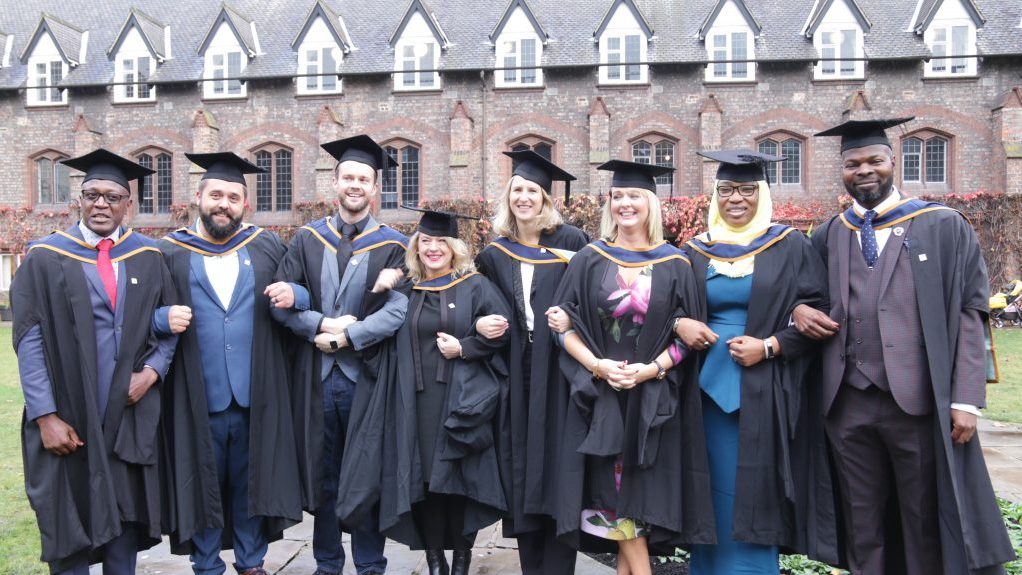The key to maximising potential in online education involves harmonising the sleep cycle with study routines, and studying at Robert Kennedy College (RKC) makes this journey accessible, empowering, and rewarding. By combining world-class online programmes with a proactive approach to sleep and wellbeing, students excel academically, professionally, and personally within RKC’s vibrant global community.

Understanding Your Circadian Rhythm
Your circadian rhythm is your body’s natural 24-hour clock, guiding sleep-wake cycles, hormone release, and peak mental performance. When you respect this rhythm, you access:
- Natural energy boosts at the right moments
- Efficient memory consolidation for complex topics
- Better mood, resilience, and overall health
RKC students worldwide leverage these benefits to power through demanding modules—from strategic business to digital marketing.
Harness Your Circadian Rhythm: The Key to Success at RKC
Everyone has a unique circadian rhythm—an internal clock that influences energy levels, concentration, and mood over a 24-hour cycle. At RKC, understanding this rhythm isn’t just advised; it’s celebrated as the key to improved focus, memory, and overall performance. RKC students attribute their successes in diverse programmes—Bachelor, MBA, MSc, LL.M, and even PhD—to finding the right balance between adaptable study schedules and healthy sleep habits.
Flexibility That Fits Your Life — and Your Sleep

Studying online with RKC offers freedom—and that freedom is best enjoyed with a healthy routine. Without set campus hours, it’s easy for late-night study sessions to encroach on sleep time. RKC’s student community and time-management resources support you in developing consistent habits, helping you stay energised, connected, and on course with your goals.
RKC’s online programmes are designed for busy professionals worldwide, offering the flexibility to learn whenever and wherever suits best. This allows students to personalise their classes, readings, and projects according to their natural energy peaks, making learning enjoyable and sustainable. Whether attending webinars from Europe, Asia, Africa or America, RKC’s supportive platform makes it easy to adjust for time zones and personal routines—enhancing wellbeing and productivity.
Winning Strategies for Balancing Sleep and Study at RKC
1. Celebrate Consistent Routines
Consistent sleep and study routines tailored to individual preferences help students maximise their learning from online sessions. RKC’s students share stories of enhanced retention and creativity simply by maintaining a regular sleep schedule that aligns with their coursework demands.
2. Maximise Morning Energy with Natural Light
Students who start their day with sunlight or a walk experience sharper focus and increased motivation throughout their RKC learning journey. RKC’s flexible format enables learners to incorporate bright, energising mornings into their routines—laying the foundation for daily success.
3. Transform Peak Alertness Into Peak Performance
With RKC’s 24/7 access, students can easily plan assignments and interactive sessions during their periods of peak energy and focus. This approach isn’t just permitted—it’s supported, enabling every student to succeed in complex modules, forum discussions, and online residencies.
4. Relax and Rejuvenate—Your Own Way
A calming pre-sleep routine, whether meditation, gentle stretching, or a good book, keeps RKC learners alert and prepared for new challenges. The college’s virtual resources offer tips and mindfulness techniques, boosting resilience and calm, particularly during busy deadlines.
5. Smart Napping for Sustained Success
Strategic, brief naps help many RKC students recharge for afternoon studies or late-night research, all without compromising healthy sleep. The college encourages self-awareness so students can find their own balance—one that allows academic growth alongside family and career goals.
6. Mastering Global Connections

RKC’s global student community attends live sessions across continents, but thoughtful guidance from faculty and customised time management tools ensure that everyone finds a rhythm that works for them. The result: students participate eagerly, share insights across cultures, and forge lasting friendships—regardless of their time zone.
7. Empowered by Technology at RKC
Wearables and sleep-tracking apps assist in fine-tuning sleep and study routines, providing real-time feedback and gentle reminders for optimal balance. RKC incorporates technological solutions into its programmes, promoting smart choices while always prioritising wellbeing.
Why RKC Students Thrive: Beyond Academics
Better sleep, guided by RKC’s learner-centred approach, leads to:
- Greater energy for work, study, and life adventures
- Resilience and positive attitude, essential for leadership and teamwork
- Long-term health, supporting ambitions in every field—from business to law to science
- Epic experiences during RKC residencies in England and Zürich, where students immerse themselves culturally, academically, and socially—rested and ready to explore
Stories of Transformation: RKC Students Share Their Wins
RKC students consistently report excellent results from synchronising their study and sleep routines. From completing digital marketing projects to excelling in strategic business courses, these students attribute their confidence, focus, and well-being to adopting RKC’s flexible, supportive environment. One graduate summed it up: “RKC made it possible to grow in my career and life—all while maintaining a healthy balance.”
Sleep Well, Learn Better—Achieve More at RKC

Joining RKC means choosing a path that respects individual rhythms, encourages personal growth, and provides world-class qualifications. The college offers guidance, inspiration, and community—ensuring every student not only completes their degree but also enjoys their learning journey.
Start today—embrace a positive, energised lifestyle with RKC. Choose a regular bedtime, greet the morning light, and immerse yourself in a supportive network dedicated to your success. RKC is where aspirations become reality, and every day is a new step towards a brighter future.
Unlock your potential. Sleep, study, and succeed—at Robert Kennedy College.

































